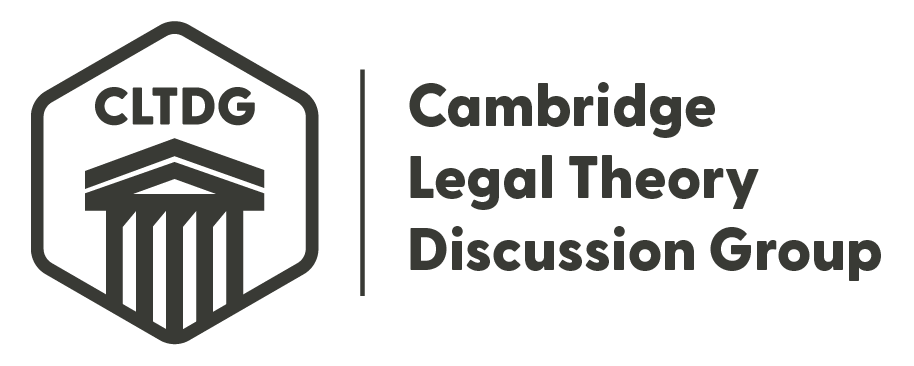 Speaker: Andreas Vassiliou (Oxford)
Speaker: Andreas Vassiliou (Oxford)
Abstract: We all have reasons for our decisions. But how do our decisions affect our reasons, if at all? This article draws on the literature on the normativity of authoritative directives to provide a new account of the practical imprint of decisions. It starts off by examining the seminal account of decisions by Joseph Raz, who has developed a volitional mode of sourcing reasons. His proposal is that by deciding to φ we purport to exercise our normative power to create by the very act of our will a protected reason for us to φ. The article then investigates a powerful reply by Thomas Scanlon, who has presented an account based on the pragmatic costs of repudiating our decisions. Given these costs, Scanlon has put forward a situational mode of sourcing reasons, according to which a decision to φ can change the costs of pursuing alternative courses of conduct in a way that puts us in a new situation where φ-ing is less costly than any other option; this in turn can tip the balance in favour of φ-ing in tie-break scenarios. Although the idea seems appealing, the analysis of the debate illustrates that the way Scanlon applies it falls short of accounting for the function of decisions. In this light, the paper builds on the situational structure to offer a new reply to Raz. The key move is to highlight that an authoritative directive looks like a personal decision made by someone else. Given that a primary explanation of the capacity of practical authorities to shape our normative world through their directives lies in their superior knowledge, the paper proposes that we should pay closer attention to the practical role of our deliberations leading to our decisions. This is because the main advantage of deciding prior to the time of action is precisely that we can reason under better deliberative conditions, which makes it more likely that the practical conclusion we reach will be the optimal course of conduct. In view of this, the article argues that the decision of our earlier deciding self can act as a piece of knowledgeable advice to our future acting self. Decisions can thus improve our future epistemic position and place us in a new practical situation where we have decisive reason to do what we decided.
You can find the links to Andreas’s paper and to the meeting below:
The Paper: https://bit.ly/cltdg-vassiliou-paper
The Zoom link: https://bit.ly/cltdg-easter24-2
Everyone is welcome to attend. Sessions are pre-read.
You can follow us on Twitter: https://bit.ly/cambridgeltdg or check out our web-page: https://bit.ly/cltdgweb

 Facebook
Facebook  X/Twitter
X/Twitter  Instagram
Instagram  YouTube
YouTube  Flickr
Flickr  LinkedIn
LinkedIn